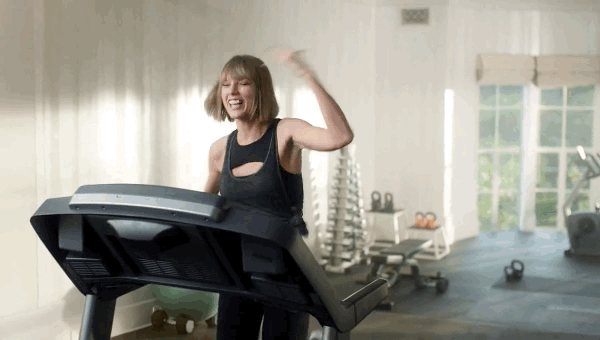I had no idea that rock music had been banned in Iran for so long. While I had figured that the strong Islamic ties over there had lead to some restrictions, I had no clue about the severity of it all. I think since music is just so common place to us in the United States, I never really thought that it would be something that would be banned in a culture. With movies like Footloose where music and dancing being banned are central plot points, I guess it's hard to believe that a place would actually do that, and not have it be something that's fictional.
 |
| Kevin Bacon, rebelliously dancing in the original 1984 "Footloose" |
I also did not have much information about the streaming services Spotify and Apple Music. As someone who mostly uses Pandora and usually only does so casually, I didn't really realize how much of an influence these services had on the market and the music industry nor how many people actually used them. It seems fishy that only fractions of cents are granted for each play of a song but I guess that if it's a popular song, the revenue will add up over time. However, the fact that only a fraction of that fraction actually goes to the artist and the rest goes to their agency/recording studio seems even fishier. I guess that in today's market, most revenue from music comes from merchandise, events, and tours so eventually that makes up for the difference in pay, however, they are still the one putting their talent into the work in order to make it successful. There is only so much marketing one can do for a crummy product.
 |
| Taylor Swift in recent ads for Apple Music |
All in all, I really enjoyed listening to my classmates research and I'm looking forward to hearing the rest of what they have to say today!








